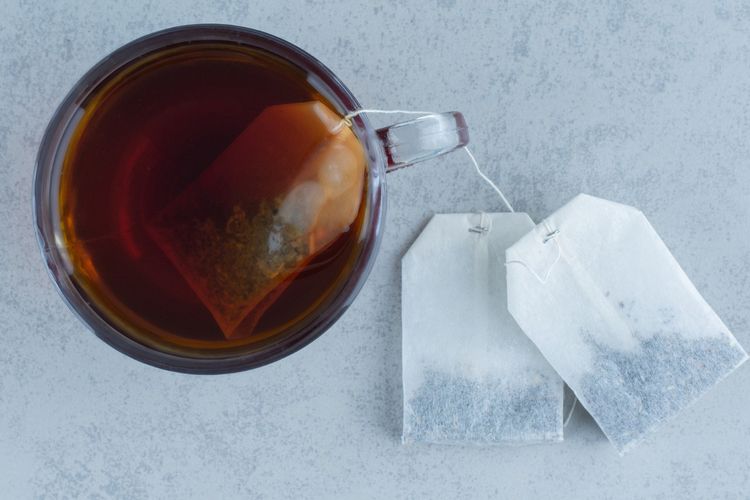KOMPAS.com – Tea is a drink that has many benefits. Apart from its delicious taste, tea is also easy to find and can help keep the body hydrated.
More than that, tea is rich in antioxidants which can protect body cells from damage caused by dangerous molecules and reduce oxidative stress.
In Indonesia, drinking tea is common for many people. Tea is usually a drink after eating.
Also read: How to Make Turmeric Tea at Home, Rich in Benefits
However, it turns out that the habit of drinking tea after eating is not good for your health, especially if the food is rich in iron.
How tea reduces iron absorption
Tea, especially green tea, contains compounds called tannins, which are substances that can bind non-heme iron (iron that comes from plants) in the digestive tract.
This binding makes it more difficult for the body to absorb the iron, thereby reducing the amount available for the body to use.
This non-heme iron is usually found in plant foods such as spinach, nuts and seeds.
If you often consume these foods together with tea, you may not get optimal benefits from the iron contained in them.
Danger for people prone to iron deficiency
This obstacle to iron absorption is more relevant for those who are prone to iron deficiency, such as:
- Pregnant or breastfeeding women
- Individuals with iron deficiency anemia
- Vegetarians or vegans, who rely on plant sources of iron
Also read: Fennel Seed Tea Recipe for a Healthier Life
If you belong to one of these groups, it is important to pay attention to when you drink tea so as not to interfere with your iron intake.
Healthy tips for drinking tea
The following are tips for drinking tea without affecting the absorption of iron from food:
Separate tea and meal times
Try not to drink tea along with your main meals, especially those containing a lot of iron. It’s best to leave a gap of about 1-2 hours after eating before enjoying tea.
 Illustration of tea bags, tea bags.
Illustration of tea bags, tea bags.
Add vitamin C
Vitamin C can increase the absorption of non-heme iron. So, add sources of vitamin C such as oranges, strawberries, or bell peppers to your diet to offset the effects of tannins in tea.
Choose a type of tea with low tannin
Not all teas have the same tannin levels. Green tea, for example, tends to have lower tannin content than black tea.
Listen breaking news And selected news we’re right on your phone. Choose your favorite news channel to access Kompas.com WhatsApp Channel: https://www.whatsapp.com/channel/0029VaFPbedBPzjZrk13HO3D. Make sure you have installed the WhatsApp application.






